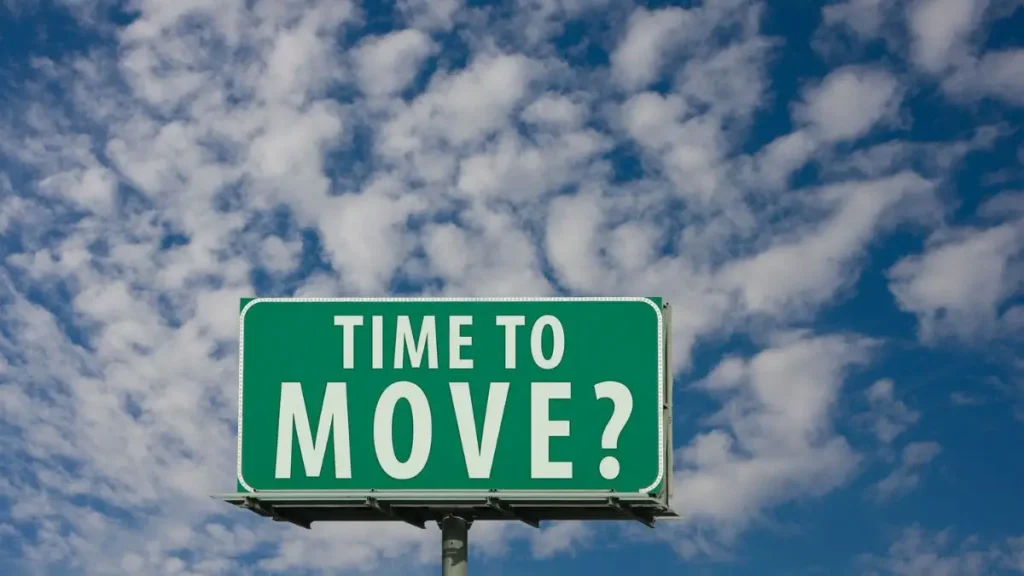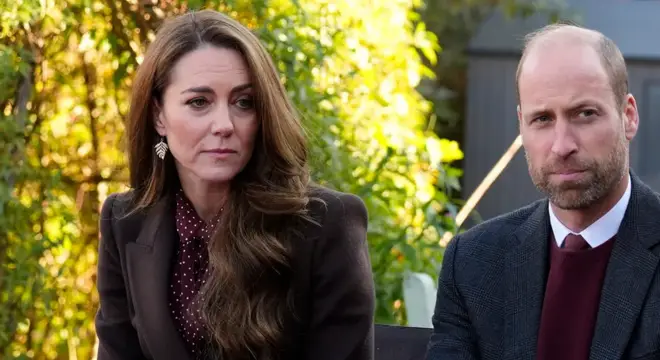Anna Cardwell’s Husband Starts New Chapter With Move to New Home
I still remember when the news broke—Anna Cardwell, known to many as “Chickadee,” passed away at just 28. What followed for her husband, Eldridge Toney, was a long, heavy stretch of grief. Now, more than a year later, he’s moved into a new home. And people are wondering—why now?
In an interview with People, Eldridge said, “I couldn’t do it no more.” Simple, raw, and brutally honest. He wasn’t just talking about the house. He was talking about the weight that came with it—the constant reminders of the life he lost.
The smell of her clothes, the silence in rooms they used to laugh in, the empty spot beside him in bed. That home had turned into a memory trap. Every corner echoed with her absence.
When someone you love dies, time freezes in weird ways. For Eldridge, 14 months wasn’t about a timeline—it was about reaching a point where survival turned into healing. And healing meant stepping away from the place where grief had built a home.
This wasn’t a fresh start in the Instagram way. It was a quiet, private decision to make space for breathing again. And honestly? I think anyone who’s lost someone will get that.
Life in the Shared Home: Constant Reminders and Daily Triggers
You don’t realize how loud a quiet house can be until it starts messing with your head. For Eldridge, every room had a memory. The bedroom? Off-limits. He couldn’t even walk into it. It was the last place Anna slept, cried, fought, and rested. That space wasn’t just painful—it was paralyzing.
The house had turned into a museum of grief. He was surrounded by her scent, her clothes, her voice in the walls.
It made daily life feel like a loop he couldn’t break out of. There’s a difference between missing someone and constantly reliving their absence. Eldridge was doing both.
The Process of Letting Go: Sorting Belongings Before Moving
Letting go isn’t a moment—it’s a long, drawn-out process. Eldridge started sorting through Anna’s belongings almost a year after she passed. Her clothes were still in the closet. Her wedding dress hadn’t been touched. For months, it was all just left as it was.
He admitted it took him weeks just to open that door and begin. And when he did, it wasn’t a clean or organized effort. It was slow, painful, emotional. These weren’t just objects—they were tied to memories that still had teeth.
Packing up someone’s life doesn’t mean you’re ready to move on. Sometimes, it just means you’re tired of hurting in the same place every day.
Fresh Start: What the New Home Means for Eldridge’s Healing

When Eldridge moved into his new place, he said it felt like something lifted. Like the weight of the old house had been pushing on his chest and finally let up. He didn’t call it a fresh start to be dramatic—it was a quiet shift. A new rhythm, a place that didn’t carry grief in every corner.
Changing your surroundings doesn’t erase grief. But it can give you room to breathe. That’s what this new home gave him. It didn’t come with expectations or memories. It gave him neutral ground to just exist again, without constantly bumping into the past.
He made it clear—it was the right time. Not early, not late. Just finally doable.
In moments like this, it’s easy to forget that behind many moves—celebrity or not—there’s a deeper story. A lot of public figures who’ve gone through personal loss end up relocating quietly, often for emotional reasons.
If you’re ever curious about where your favorite personalities have moved or invested after a big life shift, some of the best discussions and updates happen not just on X or Facebook, but inside low-key WhatsApp groups where fans track these changes and share insights in real time.
Continuing to Co-Parent: Eldridge’s Role in the Girls’ Lives
Eldridge didn’t walk away from Anna’s daughters after she passed. In fact, he stayed close—just like he promised her he would. Even now, he plays a steady role in their lives, even though they live apart.
Kaitlyn lives with Mama June. Kylee stays with her biological father. But Eldridge? He’s still showing up. Mama June has publicly said he’s always welcome, and she’s kept the door open for him to be involved. That kind of support—especially when the formal ties are gone—isn’t something you see often.
It’s easy to say you’ll be there “no matter what.” It’s harder to actually live that out. But that’s what Eldridge is doing. Even after everything, he’s still being the kind of steady presence kids need when life has already taken too much from them.
Widowhood on TV: Impact of “Mama June: Family Crisis”
Grieving is already hard. Doing it while cameras are rolling? That’s a completely different weight. Eldridge didn’t just lose his wife—he had to navigate that pain on a reality show, with millions watching.
Every breakdown, every moment of hesitation, every uncomfortable silence—it all played out on Mama June: Family Crisis. And somehow, that made it feel more real. It wasn’t a clean or staged version of grief. It was messy and quiet and raw.
If you’ve ever had to keep showing up while dealing with something that gutted you, you know how exhausting that is. There’s no manual for public grief. Just survival.
Everyone’s “first step forward” looks different. If you’ve taken one—even if it felt small—share it below. You never know who you might encourage.
Expert Angle: How Relocation Aids Healing After Loss

There’s a reason grief experts recommend changing your environment after major loss. It’s not to forget. It’s to protect your mental space.
When everything around you feels like a trigger, even small routines become exhausting. That’s where a move can help. It disrupts the loop. It opens space for new rhythms. New mornings. Fewer landmines.
Eldridge didn’t move to escape Anna’s memory. He moved to soften the pain of living in a space where she was everywhere—and now, nowhere.
We’ve seen how emotional pressure and sudden change can push people into big decisions—like what happened when Kim Zolciak and Kroy Biermann had to leave their Atlanta mansion after foreclosure.
Lessons Learned: What Readers Facing Loss Can Take Away
If you’re grieving, you don’t need advice. You need breathing room. You need honesty. You need permission to heal slowly.
This story isn’t about doing things the “right” way. It’s about doing them when you’re ready. Eldridge waited nearly a year to go through Anna’s things. He moved 14 months later. And not a second of that was wasted time.
So if you’re wondering whether you’re doing grief “wrong,” here’s a reminder: it’s not a checklist. It’s survival. It’s deeply personal. And no one else gets to pace it but you.
What helped you start your healing process after losing someone? Drop your experience in the comments—it might just help someone else who’s going through the same thing.
Final Thoughts
This story doesn’t end with a dramatic breakthrough. It ends with motion. With someone deciding it’s finally time to change their surroundings—not because the grief is gone, but because staying the same hurts more.
If you’ve been thinking about making a change—moving, letting go of something, choosing peace over routine—this is your reminder: it’s okay. There’s strength in that step, even if it’s quiet.
What did your version of that step look like? Feel free to share it—because your story might be the one someone else needs to read today.
We explore more real-life moments like this—raw, unfiltered, and human. If that’s your thing, feel free to follow for stories that don’t sugarcoat the truth.
Disclaimer: This article is based on publicly available interviews and news reports. It does not intend to speculate or intrude on personal matters. Readers are encouraged to seek professional help if dealing with grief or mental health struggles.


